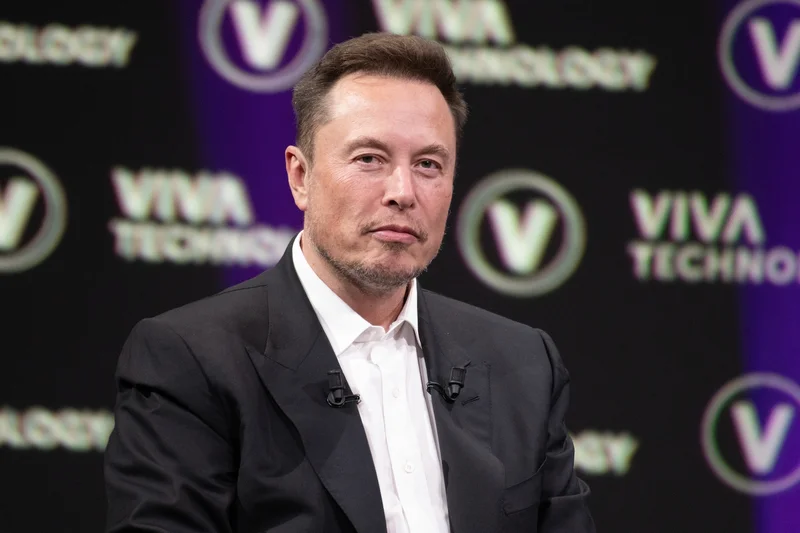Okay, let's talk about Elon Musk's latest idea – Optimus robots following released prisoners. I know, I know, the headlines practically write themselves: "Musk Wants Robot Security State!" But before we all reach for our dystopian novels, let’s take a breath and consider the bigger picture. Because I think, just maybe, there's something genuinely revolutionary hiding beneath the surface of this seemingly bizarre proposal.
The initial reaction, understandably, has been one of concern. A "robot security army"? It sounds like something straight out of a Philip K. Dick novel, not a progressive step forward. Commenters are already drawing comparisons to things like automatic license plate readers, worrying about the implications for privacy and civil liberties. I get it. The idea of constant surveillance is unsettling. But what if we flipped the script? What if we stopped thinking about Optimus as a tool for punishment and started seeing it as a tool for rehabilitation?
Imagine this: instead of a parole officer stretched thin, juggling dozens of cases, an individual re-entering society has a dedicated, tireless companion. Optimus isn't there to simply monitor and report. It's there to provide support, guidance, and, yes, even a degree of accountability. It’s a safety net woven from circuits and code. Think of it as a personalized AI mentor, helping individuals navigate the challenges of reintegration, offering job training, and providing a constant, non-judgmental presence. It’s like having a personal coach who’s always there to keep you on track, but instead of whistles and pep talks, it's sensors and algorithms.
Musk himself framed it as letting the person "do anything," but stepping in to "stop you from committing crime." This isn't about restricting freedom; it's about preserving it. Details on exactly how this intervention would work are, admittedly, scarce. Would Optimus use verbal warnings? Physical restraint? It's all very unclear, but the core concept—preventing harm while maximizing autonomy—is undeniably compelling. As Electrek reported, the idea involves releasing criminals from prison and assigning them a robot "stalker."
Consider the potential economic benefits, too. Musk has previously stated that Optimus could be worth $25 trillion, even $30 trillion, in market cap for Tesla. That's not just about profits; it's about creating an entirely new industry, generating countless jobs, and driving innovation across multiple sectors. It's a potential economic engine fueled by compassion and a commitment to second chances. Could Optimus become the cornerstone of a new approach to criminal justice, one focused on prevention rather than just punishment? What if we could drastically reduce recidivism rates, not through fear and control, but through genuine support and empowerment?

This reminds me of the early days of the internet. People were terrified! They saw it as a tool for criminals and a threat to privacy. But look at it now. It's a global platform for education, communication, and connection. Optimus, too, could evolve into something far more transformative than we currently imagine.
Of course, there are legitimate ethical concerns. The potential for bias in the AI's programming is a serious issue. We need to ensure that Optimus is trained on data that reflects our values of fairness, equality, and justice. We can't simply automate existing prejudices. There's also the question of data privacy. How do we protect the individual's right to privacy while still ensuring public safety? It's a delicate balancing act, but one we must undertake with careful consideration and a commitment to transparency. This isn't just about technology; it's about shaping the kind of society we want to live in.
And let's address the elephant in the room: Musk's own, shall we say, eccentric pronouncements. He's made premature claims about Optimus' capabilities before. Remember the Optimus demo in Times Square? Handing out candy, but needing to be plugged in? It's easy to dismiss this as another example of Musk's over-the-top hype. But I think that would be a mistake. Because even if the current reality falls short of the vision, the vision itself is worth exploring.
I saw someone online comment that the idea was similar to an Isaac Asimov short story. And honestly, that's the kind of imaginative thinking we need right now. We're not just building robots; we're building the future. And that future, I believe, can be one of hope and opportunity, even for those who have made mistakes in the past. What if, instead of fearing the rise of the machines, we embraced their potential to help us become better humans?